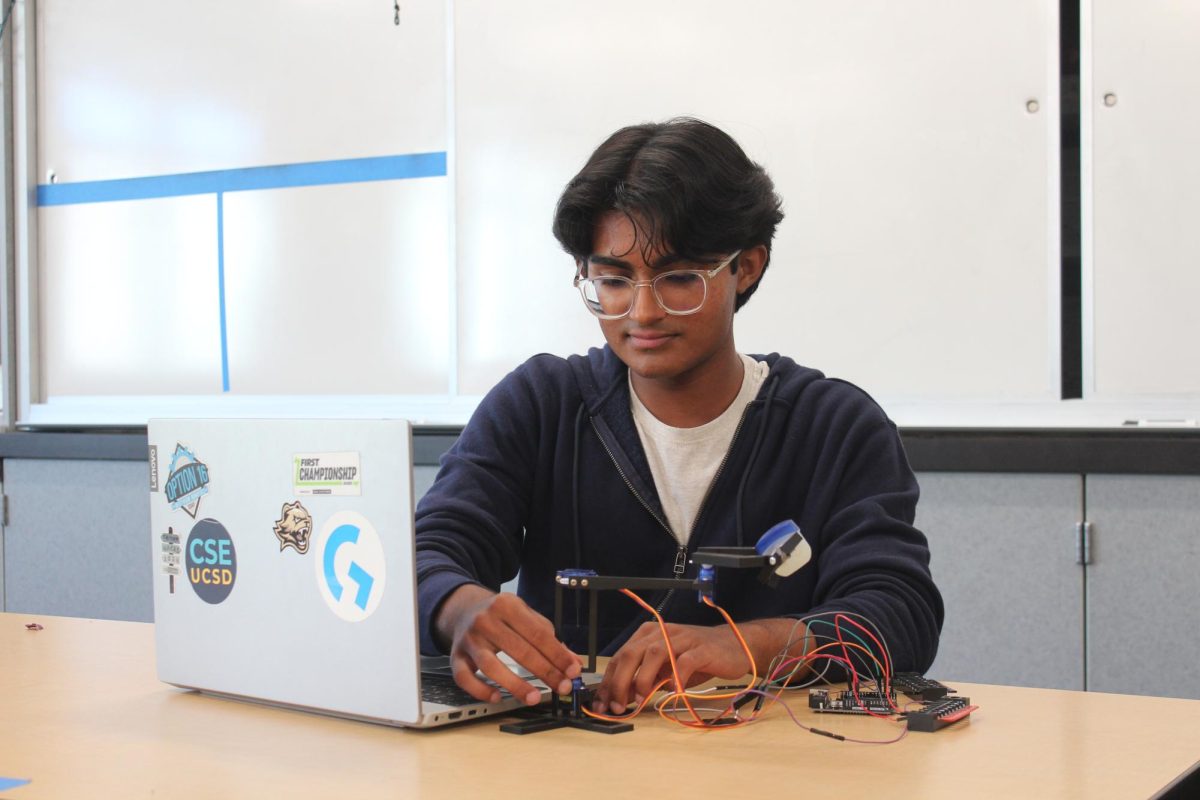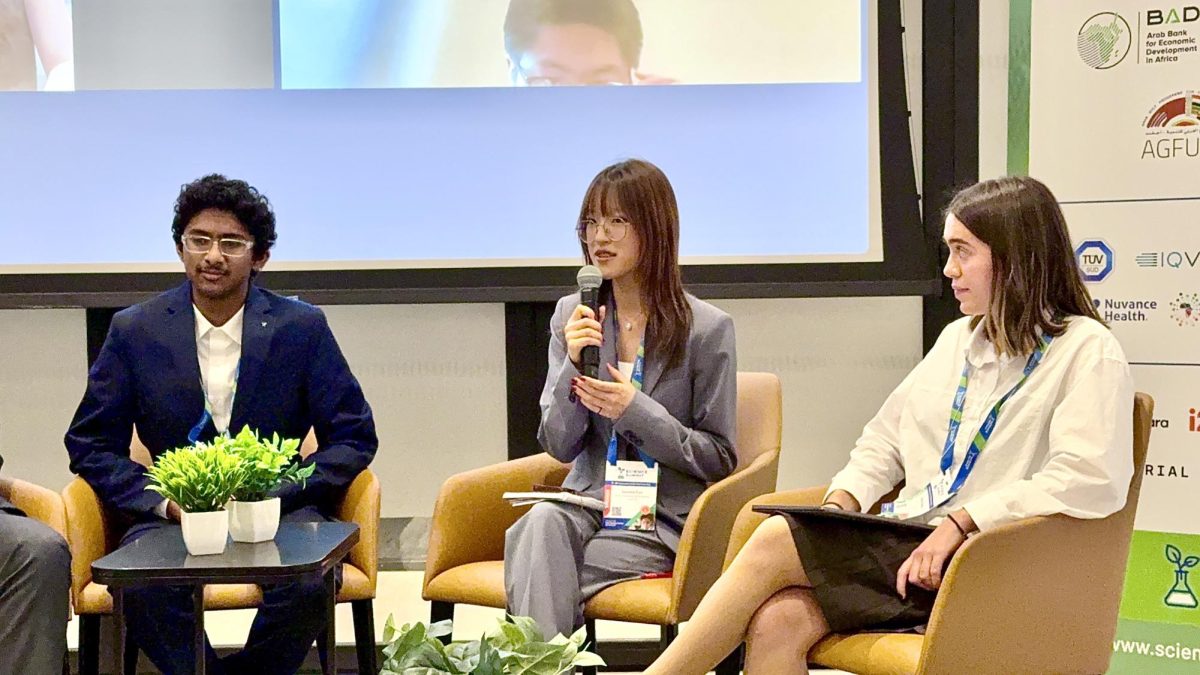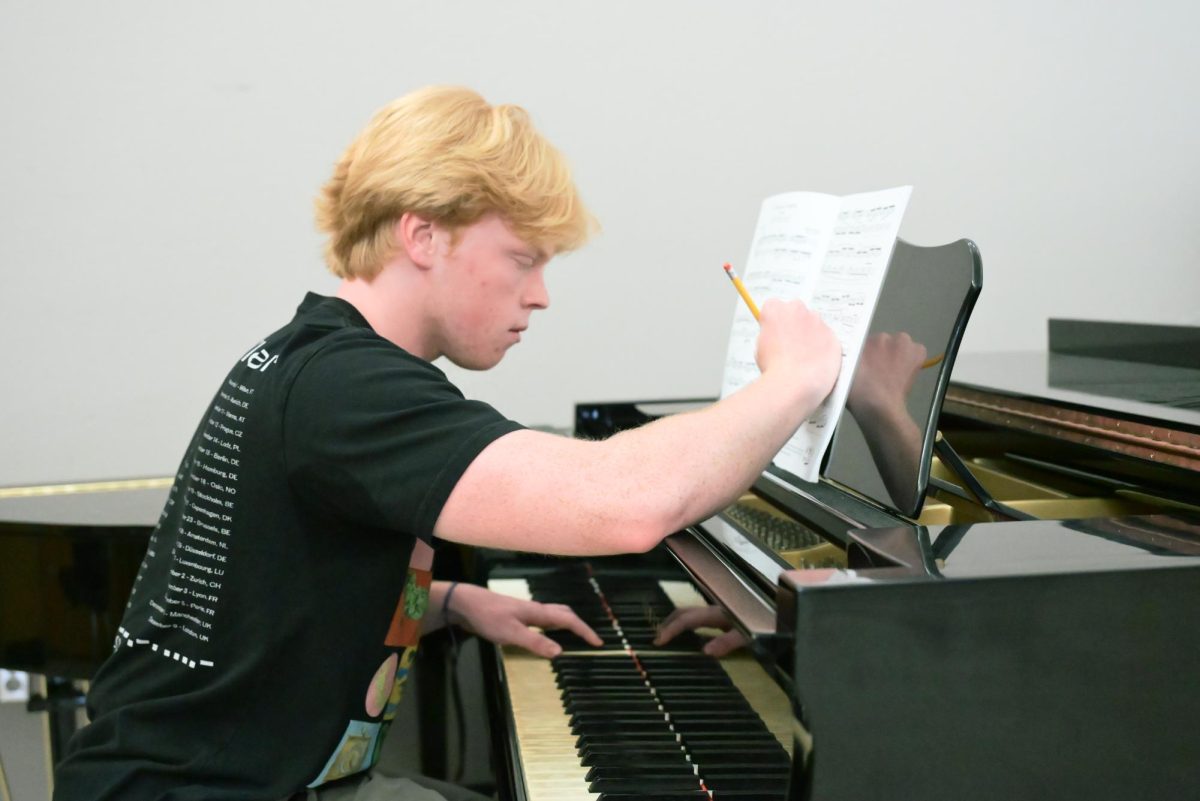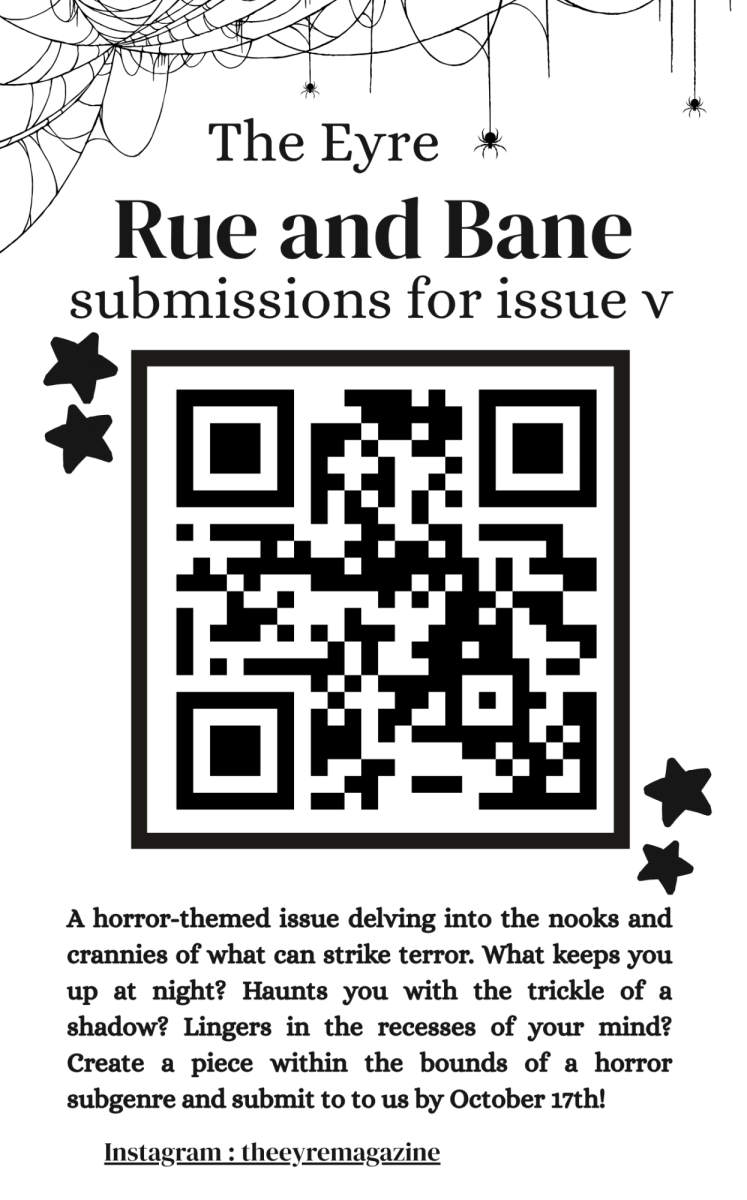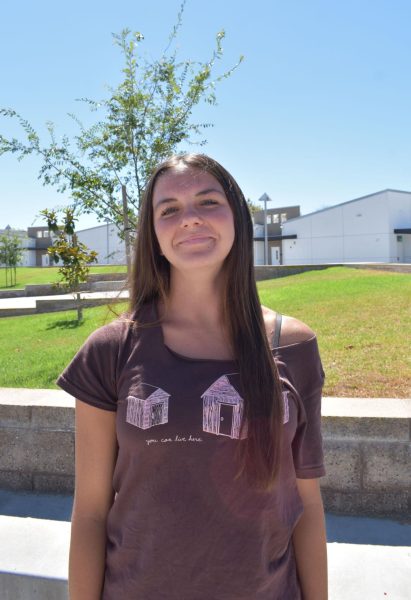Each year, computer science teacher Rachel Neumann’s AP Computer Science Programming students take on the “Bored and Brilliant Challenge.” The assignment involves listening to a podcast about the negative impacts that phone usage has on people’s productivity and creativity, and then limiting their own usage. The podcast provides six weekly challenges that students in Neumann’s class take on. Each limits phone usage in different ways and invites students to place their focus on other things.
Neumann has been doing the challenge with her AP Computer Science Programming class for the past eight years. Neumann said she started because she felt like phone addiction was becoming problematic in her class.
Lindsay He (11) is in Neumann’s first-period class and said that through this challenge she started to value being fully present, and to embrace the idea of limiting her screen time, especially during the second challenge.
“It was called Photo Free Day, and I did this challenge at our Homecoming football game,” she said. “There were fireworks and they were very beautiful, but I decided to not take any photos because I wanted to really enjoy the moment. It really only happens once a year and I didn’t think I would use the photos anywhere, so I just wanted to enjoy it with my friends.”
She said her moment at the football game was taken to heart and gave her some important takeaways about how she can create more meaningful experiences without her phone.
“I feel like this challenge helped me see the world a little more,” she said. “Instead of worrying how my photos are going to turn out, now I worry about seeing the sights rather than being on my phone.”
Dominika Vartani (11) also participated in the Bored and Brilliant Challenge and since then has found more productive ways to spend her time rather than being on her phone.
“I started going to the gym with my friends, and I also started sleeping more,” she said. “Now, I get more hours of sleep because I’m not spending that extra hour on my phone.”
Vartani vividly remembers the sixth challenge, the “Daydream.” The instructions for this challenge were to purposefully do a boring task, and rather than satisfying that boredom by reaching for your phone, students were instructed to complete a creative task. Vartani confidently embraced this and put her own spin on it.
“I started reading this book, and it became really boring,” she said. “After I read it I walked into my room and realized it became really messy, and instead of going on my phone and scrolling on TikTok, I decided it was beneficial for me to go clean my room. It was a big accomplishment for me because I had been putting it off for a while.”
Neumann said that she always joins her students in completing the Bored and Brilliant Challenge. A memorable experience for her this year was challenge four, or “Taking a fake-cation.”
“One of my favorites was to take an intentional phone break where I decided something I wanted to do uninterrupted without my phone bothering me,” she said. “Sometimes it was doing the dishes and other times it was enjoying a movie, so I put my phone on do not disturb or in a drawer.”
Enjoying activities uninterrupted gave Neumann a different outlook on her priorities, and the importance of meeting others’ needs rather than her own.
“I think a lot of the points in some of the challenges are that our phones shouldn’t be demanding things from us, and through them other people are demanding things from us,” she said. “I want to put what I’m doing ahead of what somebody else might need from me.”
Neumann has fully embraced the Bored and Brilliant Challenge over the years. She says that she finds pleasure in teaching it to her classes as well as participating herself; she hopes students choose to take this to heart and make positive changes in their phone usage.
“I’m not asking students to do anything that they feel too committed to,” she said. “I just feel like this was a good way to try different things that would bring awareness to each person’s relationship with their phone and point out a problem. From there it’s every individual’s choice if it’s a problem they are willing to address.”


